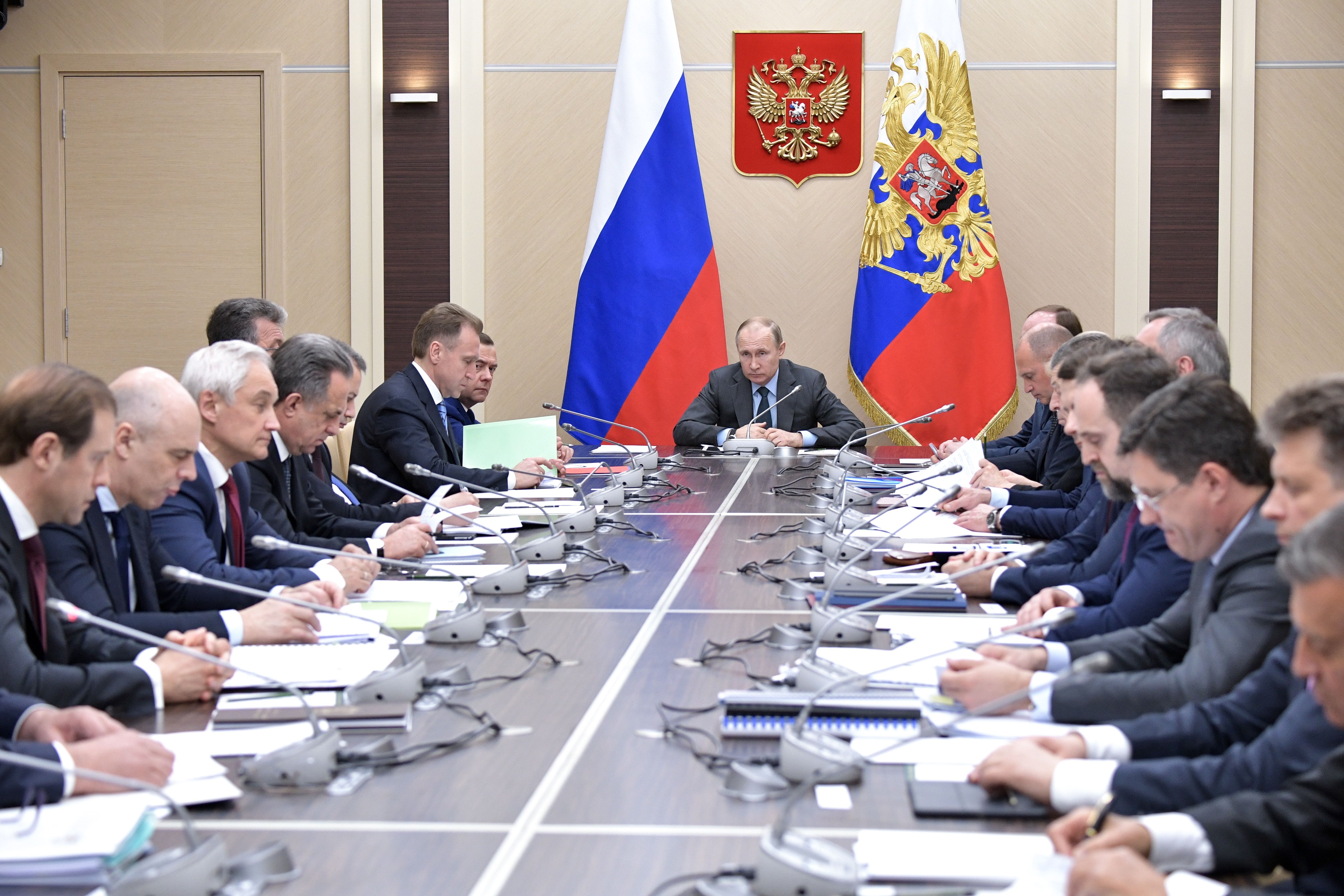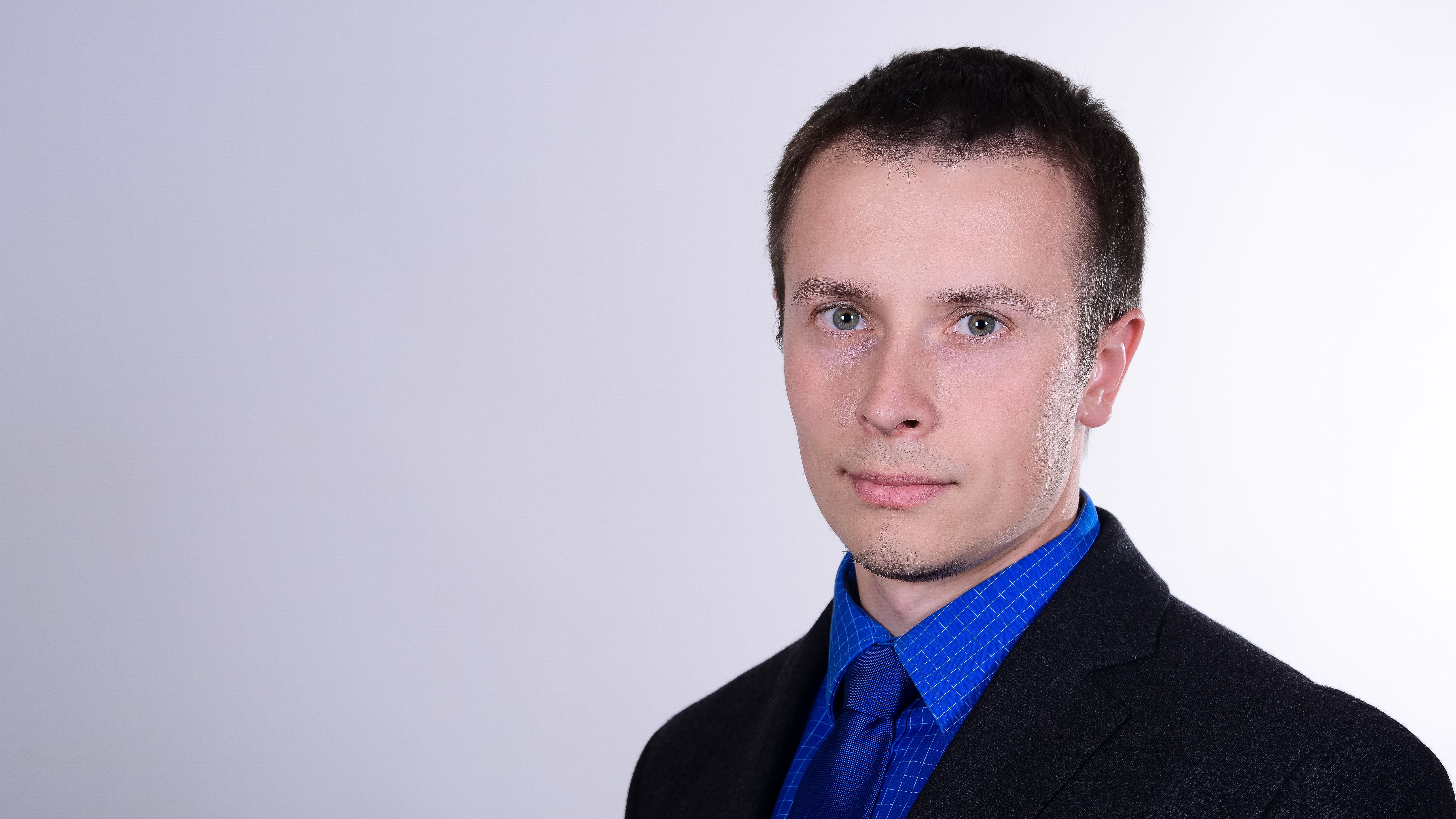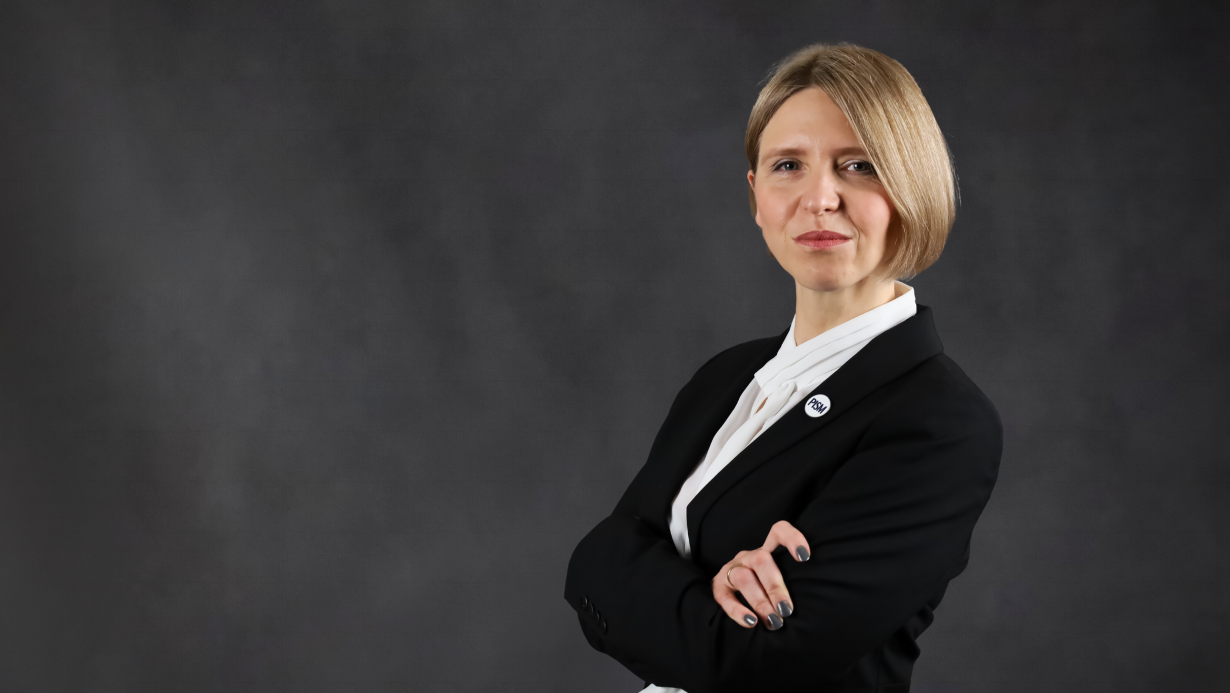The Importance of Russia’s Second-Generation Elite
 The Importance of Russia’s Second-Generation Elite
The Importance of Russia’s Second-Generation Elite
The term “Kremlin Kids” encompasses the family members and, more specifically, the descendants of Russia’s ruling elite. These descendants play a significant role for their parent within the country’s power structure. They hold minimally exposed but important posts, acting as proxies for their relatives, the most influential people in Russia. Among these elite are, of course, President Vladimir Putin1, Nikolai Patrushev (Dmitry’s father), Minister of Foreign Affairs Sergei Lavrov, Rosneft CEO Igor Sechin, Rostec CEO Sergei Chemezov, as well as the former chairman of Bank Rossiya, Yuri Kovalchuk. This group also encompasses oligarchs linked to the Kremlin, including Arkady and Boris Rotenberg, Gennady Timchenko, and Nikolai Shamalov. This first-generation elite has been looking for successors, whose role will be to secure the wellbeing of the elites, maintain the social and political status quo in Russia, and continue its post-Cold War strategy of regaining its position as a major power.



